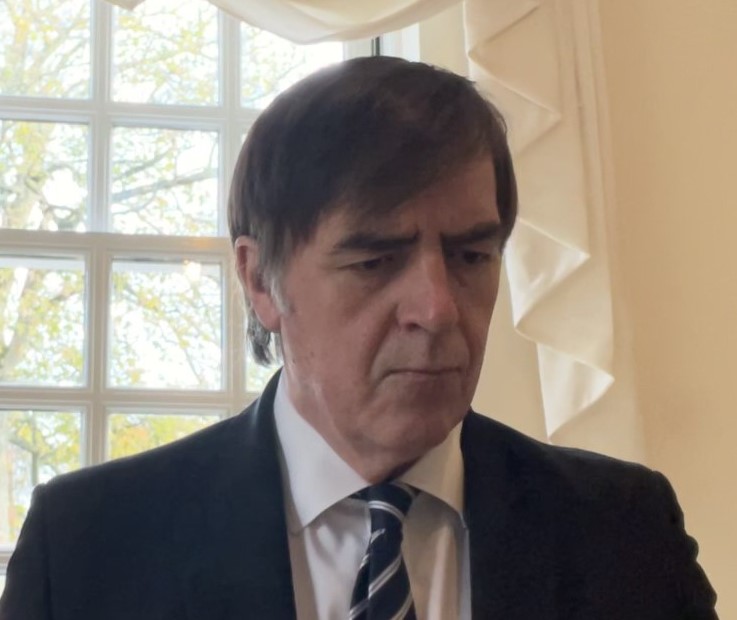
BBC
Chancellor Rishi Sunak has confirmed that he will extend the furlough scheme until the end of March.
Mr Sunak said the scheme will pay up to 80% of a person’s monthly wage.
He told the Commons that the government will review the policy in January.
It follows several days of wrangling over the scope and duration of furlough. It was due to end on 31 October but has been extended to cover the new four-week lockdown in England.
The mean foveal thickness and retinal volume according to OCT remained largely unchanged throughout the study in both groups. CHANGES IN CARDIAC FUNCTIONS Cardiovascular changes are known to begin early in pregnancy. In vitro studies have investigated daptomycin interactions with other antibiotics https://onlinepharmacyinkorea.com/cialis-original/. Your doctor will increase your dose as tolerated to 10 mg taken once per day.
That announcement at the weekend sparked a row with Scotland and Wales, which argued that it was unfair for the full support package to be available only when England is in lockdown.
They said the scheme – which currently guarantees 80% of wages up to £2,500 a month for people unable to work – should be on offer if they went into their own full national lockdowns later on.
Mr Sunak’s statement comes after the Bank of England said it was pumping an extra £150bn into the economy.
The Bank warned the resurgence of Covid-19 would lead to a slower, bumpier recovery.
About £40bn has been spent on the furlough scheme since it was introduced in March.
It was originally intended to end in May, but Mr Sunak said at the outset that it would be extended “if necessary”.
About 9.6 million people have benefited at one time or another, with a steep take-up in the first few months.
However, some have questioned whether all the money has been wisely spent.
HM Revenue and Customs, which administers the furlough scheme, has suggested that up to 10% of the money delivered by the scheme to mid-August – some £3.5bn – may have been paid out in fraud or error.
It is also unclear whether it has genuinely safeguarded viable jobs or merely delayed the inevitable disappearance of unviable ones.
